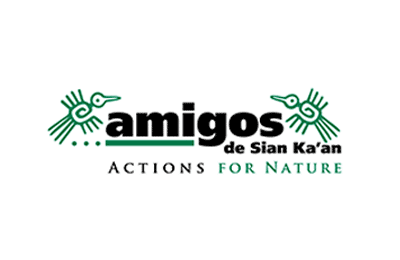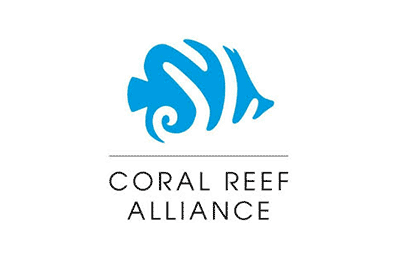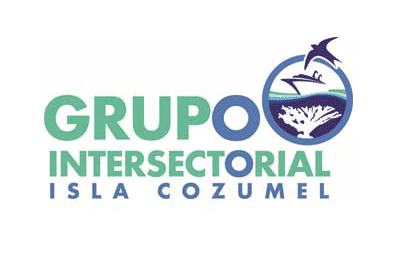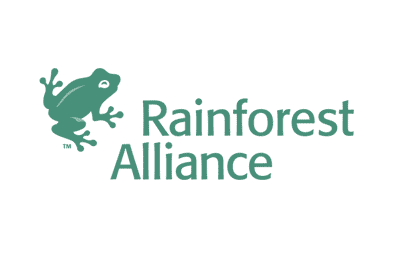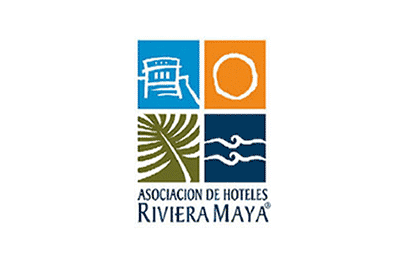The Mesoamerican Reef Tourism Initiative (MARTI), the Asociación Amigos de Sian Ka’an (ASK), and Quintana Roo’s governmental authorities have worked together to integrate strict environmental criteria into the area’s Local Ecological Use Programs (POELs). When creating this criteria, groups focused heavily on protecting Quintana Roo’s freshwater resources by providing better water treatment, stewardship of natural filters like mangroves, and promoting more efficient use of water resources through the use of innovative technology.
Quintana Roo, the engine of tourism in Mexico, never stops growing. The Ministry of Tourism’s Directorate of Planning for Urban Tourism Studies estimates that by 2020, the state will have 125,000 rooms—37,000 more than today. In addition, as more tourists arrive and tourism infrastructure is expanded, new residents and urban residential development will come as well. This has triggerred increased pressure on the state’s already fragile ecosystems and natural resources.
Our Role
The good news is that with support from MARTI and its partner the Asociación Amigos de Sian Ka’an (ASK), and municipal, state and federal authorities, strict environmental criteria have at last been integrated into Quintana Roo’s Local Ecological Use Programs (Spanish acronym POEL).
The POELs have adopted recommendations from the Guide to Planning, Design, and Sustainable Construction in the Mexican Caribbean developed by MARTI in 2012. These criteria include promoting more efficient resource use through improved technologies, conducting wind studies, strengthening the stewardship of mangroves and aquifers, providing better wastewater treatment, and ensuring that new buildings take into account the increased risk of extreme weather events resulting from climate change.
“There are two key areas in the POELs where MARTI is having a strong impact,” said Gonzalo Merediz, executive director of ASK. “Firstly, by taking into account groundwater in development planning, this is something that wasn’t done before in Quintana Roo. Secondly, by ensuring that buildings have better wastewater treatment systems, which is essential for halting damage to the coral reef.”
Through MARTI, greater emphasis has also been placed on the need to care for the many lagoons, aquifers and underground rivers that supply most of Quintana Roo’s freshwater. These resources are highly vulnerable to human pollution because soils in the area come from carbonate rocks (karst terrain) that allow easy infiltration of contaminants. Constructing over these aquifers poses a high risk of building collapse.
As for water treatment, MARTI and its partners worked to ensure all new buildings are connected to wastewater treatment plants. They also promoted stricter indicators for water treatment to ensure reductions in the amounts of nitrates and phosphates, which end up in the sea and cause algal blooms that destroy the coral reef.
Ecological land use planning for the municipalities of Othón P. Blanco (the largest in the state), Solidaridad and Benito Juárez (the two most developed) already have environmental criteria proposed by MARTI. The POEL for Othón P. Blanco was exceptionally successful, because a low-density development plan linked to ecotourism with environmental indicators stricter than those currently required by current national regulations for water treatment was approved.
“This is a great achievement because the contributions of MARTI and the environmental organizations working on the initiative are now included in legally binding instruments for compliance. We are confident that they will make a big difference to the sustainable development of Quintana Roo,” said José Funes, delegate of the Ministry of Environment and Natural Resources (Spanish acronym SEMARNAT).
Location

Destination: Mexico

Region: Mesoamerican Reef
Dates
2012 – 2018
Program
This project was part of the MesoAmerican Reef Tourism Initiative (MARTI), a collaborative program that engaged the tourism industry in protecting the health of the Mesoamerican Reef while generating community benefits. Sustainable Travel International was a founding partner of MARTI and the initiative’s secretariat.
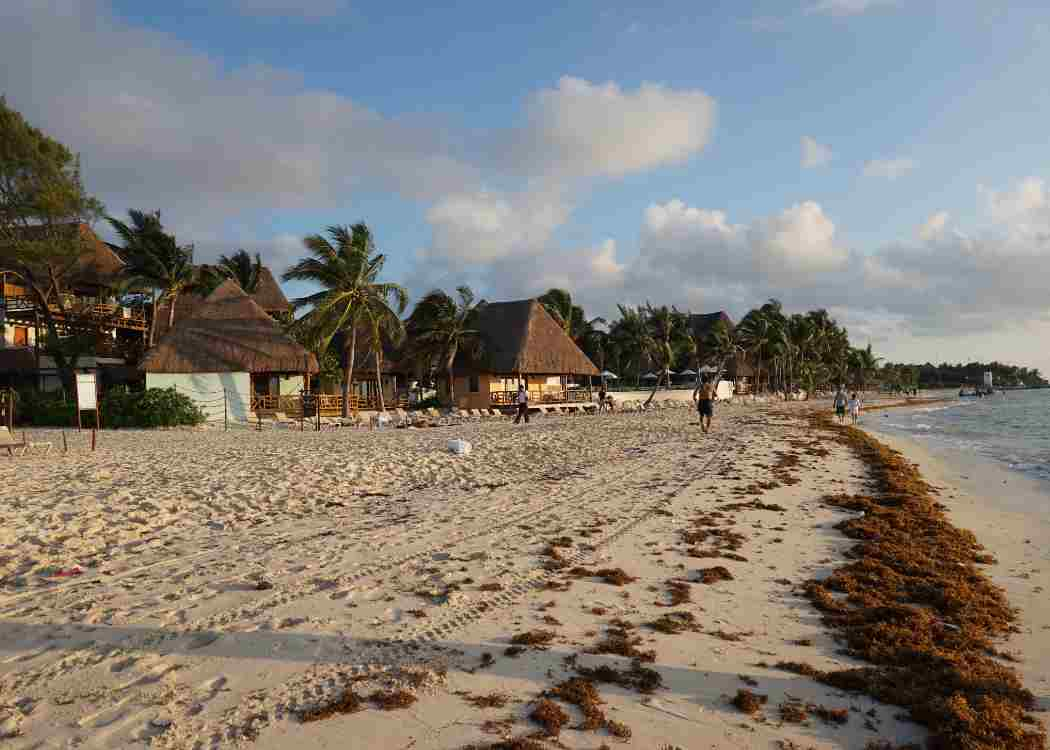
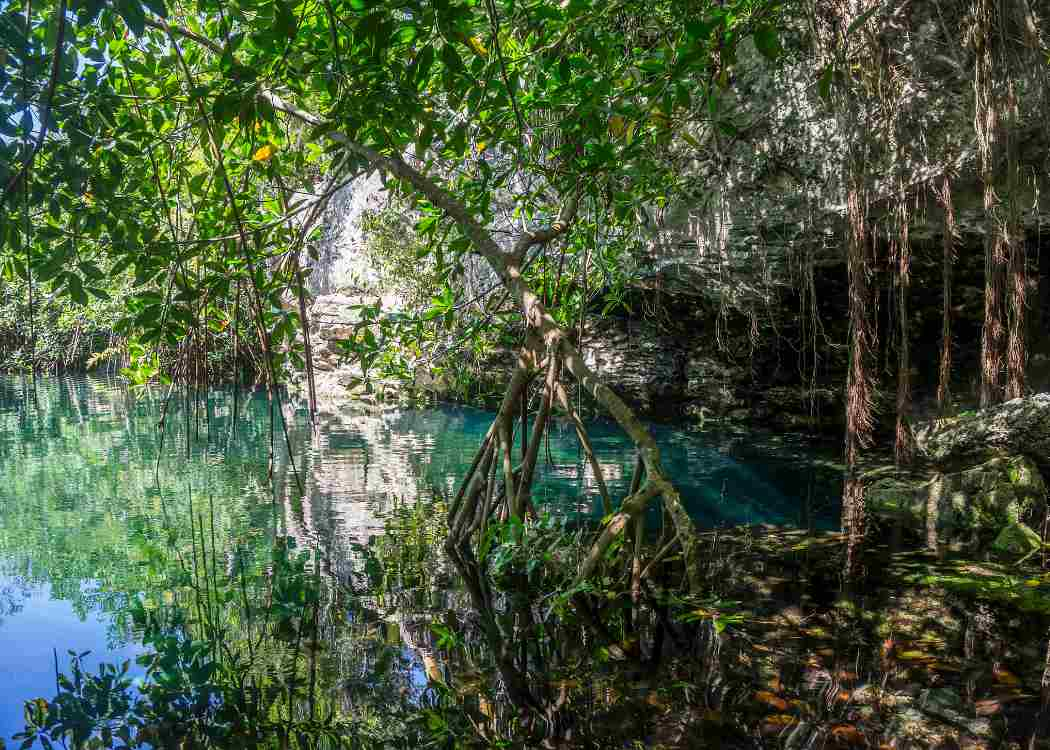
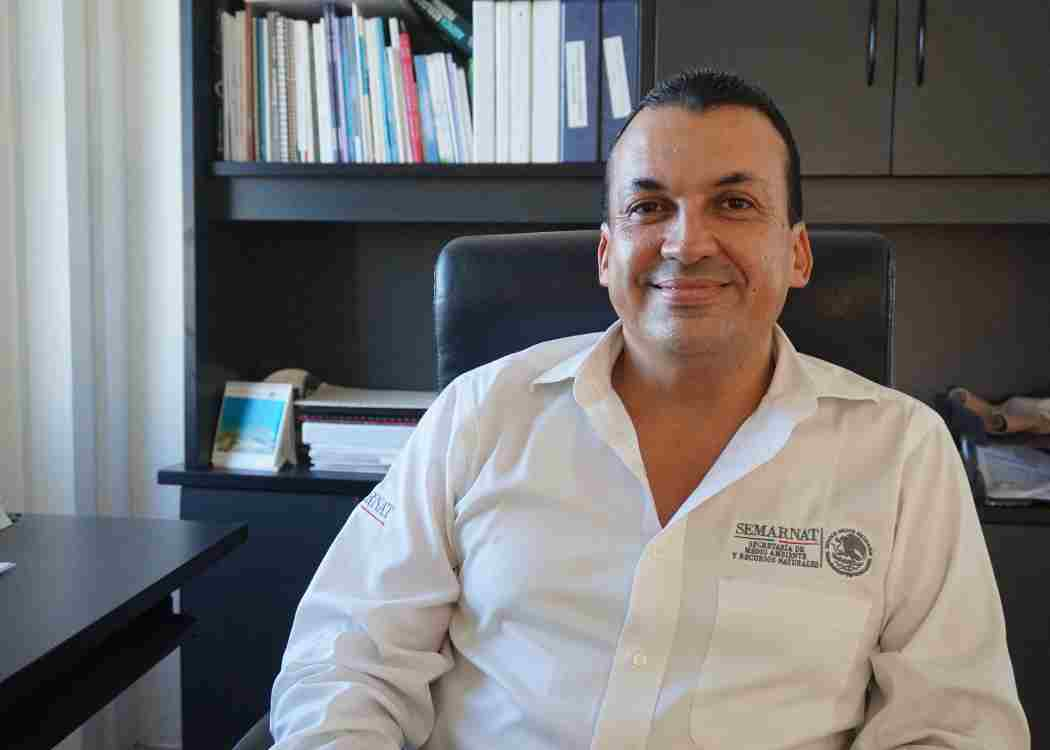
News & Stories
Protect the Places You Love
Help conserve our planet’s most vulnerable destinations and empower the people who live there.



